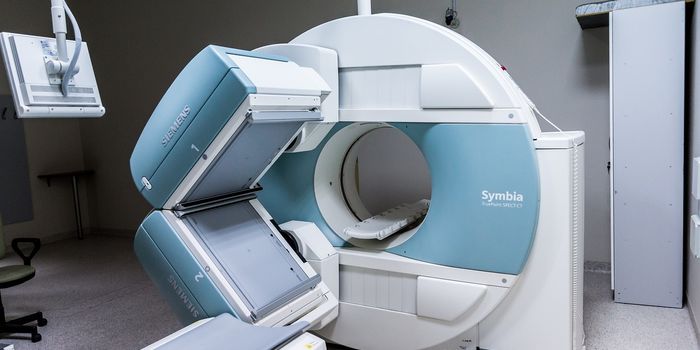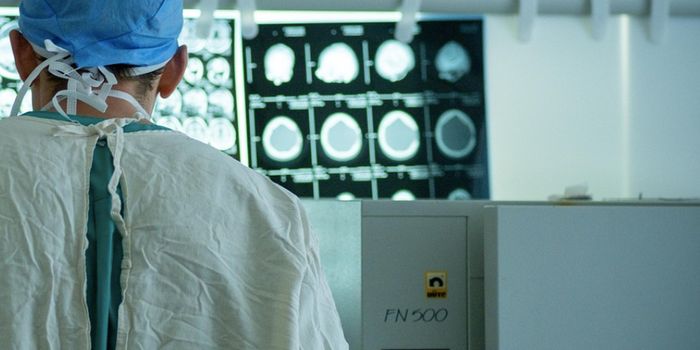AI Improves Lung Cancer Diagnoses
A team of researchers at the Faculty of Medicine and University Hospital Cologne, in the University of Cologne, have designed a new digital platform that leverages AI technology to improve the accuracy of lung cancer diagnoses, which could potentially save numerous lives. The team’s work is described in a recent article published in Cell Reports Medicine.
Lung cancer is among the most common type of cancer, ranking about the second most common cancer in U.S. adults (after skin cancers). In fact, estimates for 2024 suggest that there may be around 230,000 new cases of lung cancer in the U.S. alone.
What’s more, patients receive treatment for their lung cancer based on pathological examination findings; in other words, patients with different disease states may require different treatment. Being able to differentiate pathological differences in patient cancer type, however, can prove challenging. Being able to detect minute pathological differences at the genetic level could prove a game changer for devising more personalized cancer therapies for patients. The advent of AI and digital technology in general has seen a flourishing of new ways to diagnose lung cancer.
What once would have been viewed under a microscope, analyzed, and treatment planned accordingly, now researchers can make digital copies of a pathology sample and uploaded to an AI system for analysis. Many AI tools are trained using “data sets” to help structure their decision-making processes. In this case, lung pathology samples could be digitized and included in the data set. Uploading samples for analysis would allow the AI system to draw on thousands of images to analyze any given pathology sample, allowing it to communicate certain information about the sample that might not have been possible otherwise.
Now, the team plans to conduct several validation studies across multiple countries to confirm if the program has applicability across multiple contexts.
Sources: Science Daily; Cell Reports Medicine; American Cancer Society








